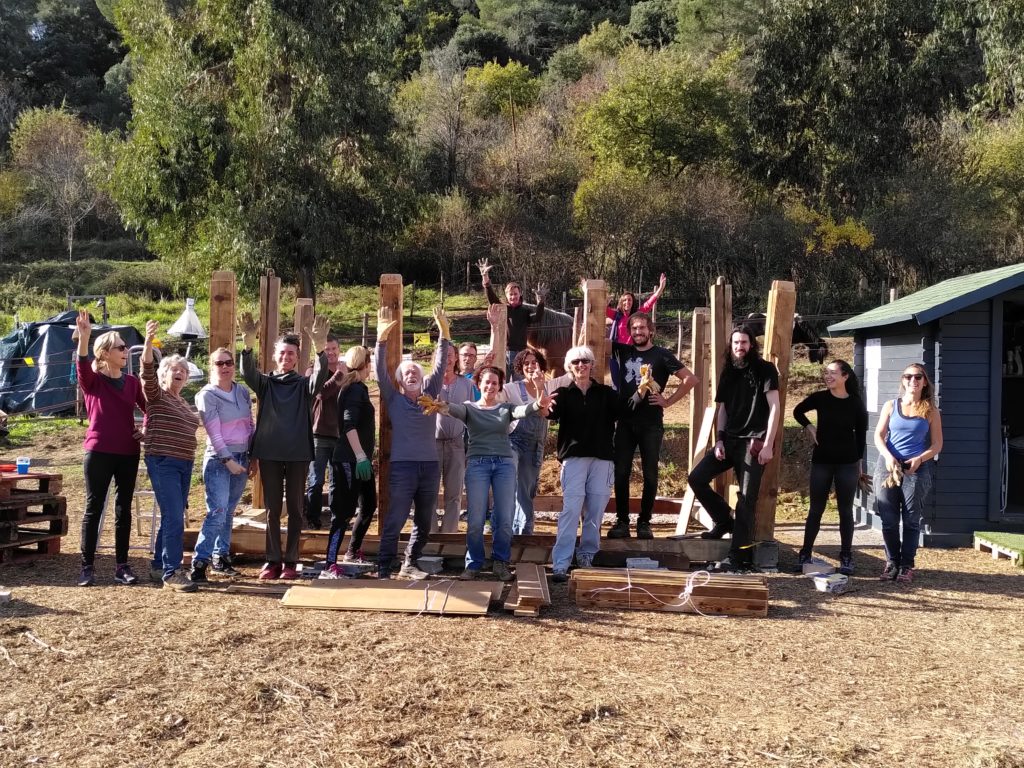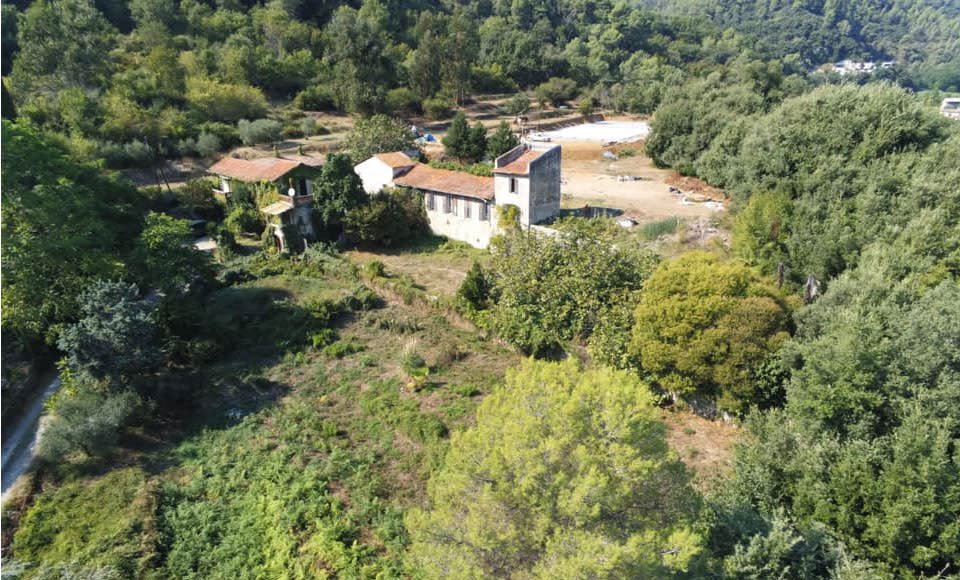Union and sharing are more than welcome at this time! On the Côte d’Azur, some diehards are pushing back the gloom with great hope and optimism. Their next world is a benevolent one and takes the form of an inclusive school: L’Alterrecho. A project led by the popular inclusion association Happy Hand, where participatory governance reigns. The challenges are multiple: taking care of the agricultural area where the school will be located, but also preserving and restoring the “Château des Salles”, which is present on the site. Dating from the 16thcentury, the building is classified as remarkable and is believed to have belonged to a branch of the Grimaldi family. The complete restoration of the land, the construction of the inclusive housing and the launching of the farm should be completed in 2022. This project, in search of public subsidies, also has a Zeste page dedicated to it. At the time of writing, more than 20,000 euros have been raised. Joe François, president of Happy Hand and in charge of the development of L’Alterrecho tells us more.
Feat-Y: How did the adventure begin?
Joe Francois: I am the mother of a 31-year-old woman with a disability. I was confronted with this world and its shortcomings, particularly in terms of accessibility, in the broadest sense: structural access, usability of the premises and social receptiveness. In 2015, I created the Happy Hand association to reflect on these issues. The human encounters that followed pushed me to pursue this research. We then found a 3 hectare plot of land available in Cagnes-sur-Mer. Such a surface allowed us to see bigger than the initial project! We created the SCIC l’Alterrecho to preserve the militant aspect of the association, and the work began. Everyone invested themselves in this project, even to the point of training to acquire a particular skill. Diane Pallota, for example, left her job to devote herself fully to her work as an equestrian. As for me, I followed a Master’s degree in situations of disability in Rennes. Volunteers studied permaculture, and the architects mobilized for this project were interested in accessibility standards.

Feat-Y: Why did you choose the name “Alterrecho”?
J.F.: We were looking for a name that reminded us of the union of beings! “Alterrecho” is of course reminiscent of the alter ego: we are all alike. The notions of inclusiveness and equity are very important to us. We hope to “echo” our wishes and spread our idea. Finally, we have also inserted “earth”, in reference to our anchoring and alterity. All of the people involved in this project have different profiles, abilities and personalities, but we manage very well to work together.
Feat-Y: Where is the progress of the school?
J.F.: We signed a lending right for use on March 11, 2020. This contract authorized us to start outdoor activities in the field. It was signed at the same time as the compromise agreement, which was signed 4 years after the project began. Since 2020, about 80 volunteers have been working on participatory workcamps. In addition, a company helped us to build our equine mediation center, opened in September 2020 and designed in the most ecological way possible, in a quarry, respecting the soil as much as possible. It was placed where biodiversity was less. We only delimited its contours with recuperated posts. For the moment, we have covered the ground with sand, but we will soon replace it with boxwood shredding
At the same time, the land is constantly being cleaned and cleared. The Val de Cagnes has really been mishandled in the past, taken for a dump, so we pamper it. We are making it more accessible and permacolating it to prepare it for future agricultural activity. In December 2020, we did the first design of the place, the zoning, to determine where we go most often. This observation is the result of six months of studying the terrain, water flows, soil sampling to check the quality of the soil, etc. This allowed us, among other things, to define which crop was the most appropriate for a location, to determine the location of the retention basin, etc. I also think it’s important to point out that everyone has a say when a decision has to be made – including people with disabilities!

Feat-Y: What will be the future facilities and activities proposed?
J.F.: Agricultural activity has already begun. We wish to develop the pedagogical axis, with specific training on agriculture, permaculture, crafts, etc.. A farm will sensitize the public and the youngest to nature and life. On the agricultural side, we will have an orchard and a vegetable garden. The equine mediation will always be topical, without forgetting the inclusive habitat: the 700 m² of available buildings will be restored in this sense. Finally, we would like to animate this place later on with the association Happy Hand.
Feat-Y: Do you have a final word?
J.F.: We’re betting a lot on this crowdfunding! By including people with disabilities, this school will be open to everyone: the ramps installed for people with reduced mobility will be adapted to mothers with strollers! Our Easy to Read and Understand (FALC) space will be as useful for people with mental disabilities as it will be for young children who can’t read, or for tourists who don’t understand French. In addition, our future rest areas, designed for people who are tired, will also be ideal for the elderly. Thus, this inclusive project will soon become universal. This is why it requires the participation of the greatest number of people!
Interviewed by Mélanie Domergue
Infos :
To access participatory financing Zeste : https://www.zeste.coop/fr/lalterrecho-ecolieu-inclusif
L’Alterrecho website : https://www.lalterrecho.org/
Happy Hand website: http://www.happyhand-association.com/
Facebook : https://www.facebook.com/LAlterrecho.Ecolieu.Inclusif




